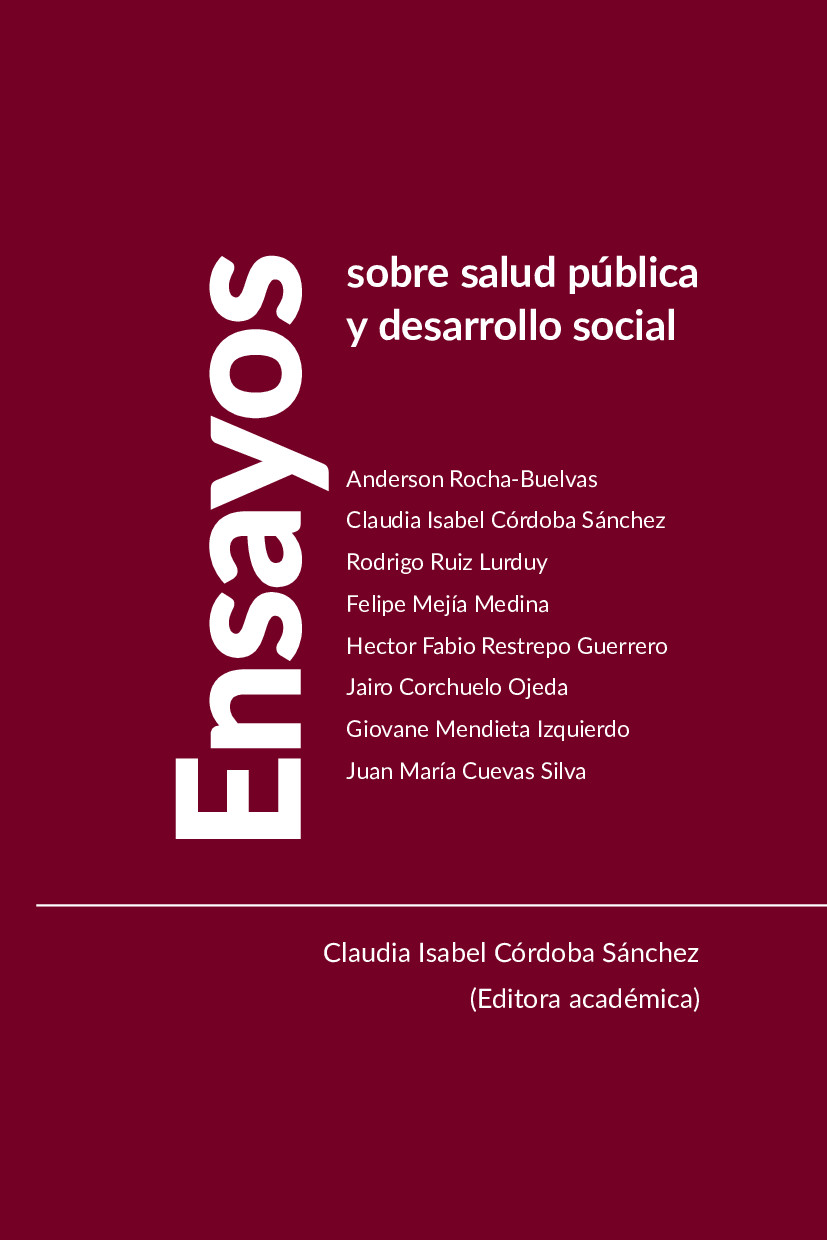Abstract
Introducción: establecer variables asociadas a falla terapéutica, adherencia al tratamiento, cambio de esquema y efectos indeseables asociados al tratamiento de VIH/SIDA. Métodos: estudio de corte transversal realizado en población de pacientes con diagnóstico de VIH/SIDA en tratamiento antirretroviral de 19 ciudades colombianas
afiliados al Sistema General de Seguridad Social en Salud. Se evaluaron variables socio-demográficas, esquemas terapéuticos, tiempo desde inicio de la terapia y cambio de esquema, reporte de falta de adherencia, falla terapéutica y efectos indeseables. Se
hicieron análisis bivariados y multivariados. Resultados: se hallaron 510 pacientes; el tratamiento antirretroviral sufrió modificaciones al primer esquema en 56,4% de casos. Se reportó: falta de adherencia
en 38,8%, falla terapéutica en 26,5% de pacientes; las reacciones adversas más frecuentes fueron: dislipidemia (14,9%), intolerancia gástrica (9,2%) y anemia (7,1%). El régimen de tratamiento Lamivudina/Zidovudina + Efavirenz se asoció con menor riesgo de cambio de esquema (p<0,001), de falla terapéutica (p<0,001)
y de intolerancia (p<0,001). El fracaso terapéutico se asoció con antecedentes de neumocistosis, tomar 7 píldoras al día, repartidas en 3 a 4 dosis diarias, en tratamiento para diferentes comorbilidades, con falta de adherencia y efectos indeseables asociados a los antirretrovirales. Conclusiones: la identificación de los esquemas de tratamiento asociados con peor tolerabilidad por su riesgo de afectar la adherencia al manejo del VIH, con más tabletas diarias y consumidos varias veces al día, permite orientar la selección de
medicamentos que garanticen mayor adherencia y tolerabilidad.
Abstract
Introduction: estimate variables associated with treatment failure, treatment adherence, schema change and adverse reactions associated with the treatment of HIV/AIDS. Methods: cross-sectional study conducted in a population of patients with HIV/ AIDS antiretroviral treatment in 19 cities of Colombia affiliates at Social Security System in Health. We assessed socio-demographic variables, treatment regimens, and time from start of therapy and schema change, report non-adherence, treatment failure and adverse reactions. Were used bivariate and multivariate analysis. Results: we found 510 patients, antiretroviral therapy was modified to the first scheme in 56.4% of cases, nonadherence in 38.8%, treatment failure in 26.5% of patients, and the most common adverse reactions were: dyslipidemia (14.9%), gastric intolerance (9.2%) and anaemia (7.1%). The treatment regimen Lamivudine / Zidovudine + Efavirenz was associated with lower risk of schema change (p <0.001), treatment failure (p <0.001) and intolerance (p <0.001). Treatment failure was associated with a history of pneumocystosis, taking 7 pills a day, divided into 3-4 daily doses, in treatment for different comorbidities, lack of adherence and adverse effects associated with antiretrovirals. Conclusions: the identification of treatment regimens associated with poorer tolerability for their risk of affecting adherence to HIV management, with more tablets daily and consumed several times a day can guide the selection of drugs to ensure greater adherence and tolerability.
Keywords HIV Infections; Anti-HIV Agents; Pharmacovigilance; Drug Toxicity; Lamivudine; Zidovudine; Efavirenz (source: MeSH).
Licence
Authors should declare no conflicts of interest either for reasons of financing the project which is the result of the article; as well as intellectuals, academics, moral and investigative reasons.
The Journal of Andean Research is home to the ethical rules for publications issued by the COPE: http://publicationethics.org/resources/code-conduct


















